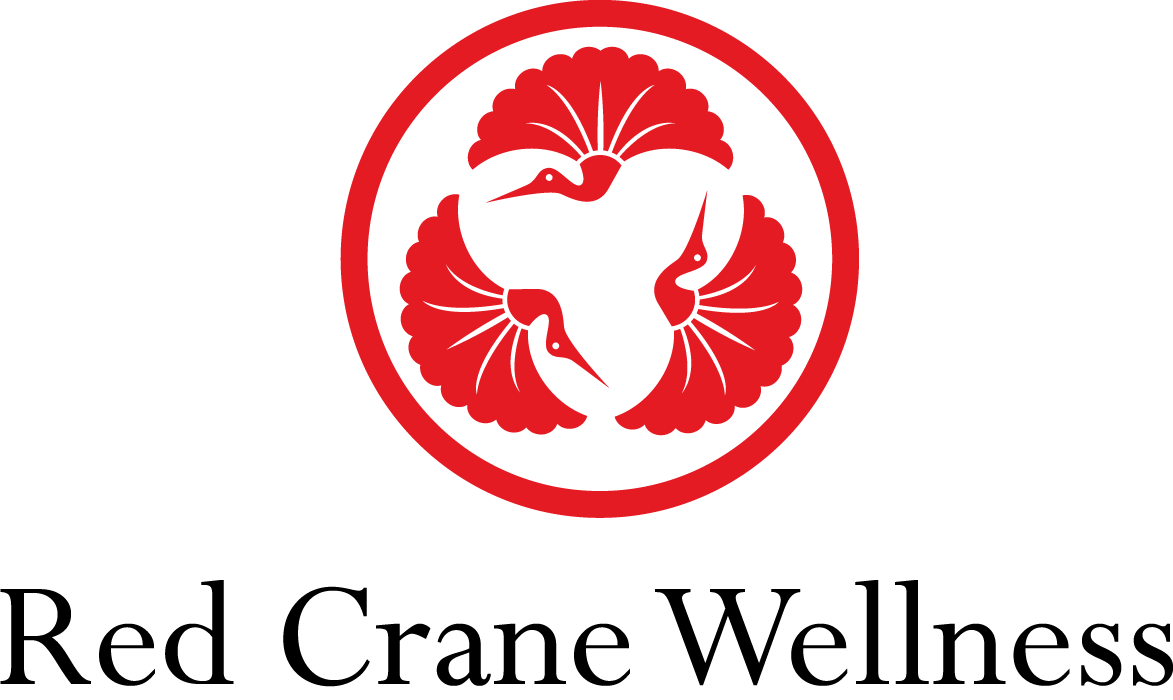In a fast-paced world where stress and mental health challenges have become increasingly prevalent, individuals are seeking holistic approaches to enhance their well-being. One such method that has gained significant attention is acupuncture. This ancient practice, rooted in traditional Chinese medicine, offers a unique perspective on the mind-body connection and its impact on mental wellness. Through this article, we’ll delve into the profound relationship between the mind and body and explore how acupuncture can play a transformative role in fostering mental health.
The Mind-Body Connection: A Holistic View:
Understanding the mind-body connection is essential in comprehending how our emotional state influences our physical health and vice versa. The body’s physiological responses to stress, anxiety, and depression can lead to a range of ailments, from cardiovascular issues to weakened immune systems. Research has consistently shown that emotional stress can manifest as physical symptoms, reinforcing the interconnectedness of our mental and physical well-being.
Acupuncture: A Pathway to Balance:
Acupuncture, a practice dating back over 2,500 years, is based on the concept of “qi,” the vital energy that flows through our bodies. By inserting thin needles into specific points along energy pathways (meridians), acupuncture aims to restore the balance of qi, promoting harmony between the mind and body. This approach aligns with the belief that emotional imbalances can disrupt the flow of qi, contributing to various mental health challenges.
The Neuroscience Behind Acupuncture:
Modern science has shed light on the neurobiological mechanisms that underpin the effectiveness of acupuncture. Studies using neuroimaging techniques have shown that acupuncture stimulates the release of endorphins, the body’s natural painkillers, and serotonin, a neurotransmitter associated with mood regulation. These chemical changes not only alleviate physical discomfort but also foster a sense of emotional well-being.
Evidence-Based Benefits for Mental Wellness:
Research into acupuncture’s impact on mental wellness has yielded promising results. Clinical trials have demonstrated its efficacy in reducing symptoms of anxiety and depression. A meta-analysis published in the *Journal of Clinical Psychiatry* concluded that acupuncture could be considered a valuable adjunctive therapy for these conditions. Moreover, acupuncture sessions have been linked to improved sleep quality, reduced stress levels, and enhanced overall emotional resilience.
Techniques and Approaches:
Acupuncturists employ various techniques to address mental health concerns. Auricular acupuncture, which involves stimulating points on the ear, has gained traction for its effectiveness in managing anxiety. Body acupuncture, targeting meridians associated with emotional balance, is also commonly used. Some practitioners integrate mindfulness and relaxation techniques during sessions to amplify the therapeutic effects.
Personalized Treatment and Holistic Well-being:
One of acupuncture’s strengths is its individualized approach. Each patient’s treatment plan is tailored to their unique constitution and specific mental health needs. Acupuncturists consider not only the emotional symptoms but also the underlying imbalances contributing to them. This holistic perspective aligns with the growing trend toward personalized and patient-centered healthcare.
Cultural and Philosophical Considerations:
It’s important to acknowledge the cultural and philosophical foundation of acupuncture. Traditional Chinese medicine emphasizes the interconnectedness of nature, the body, and the mind. By embracing these principles, individuals can gain a deeper appreciation for the holistic philosophy that underpins acupuncture’s approach to mental wellness.
Incorporating Acupuncture into a Holistic Lifestyle:
While acupuncture can be a powerful tool for enhancing mental wellness, it’s most effective when integrated into a holistic lifestyle. Engaging in regular physical activity, adopting mindful practices like meditation, maintaining a balanced diet, and cultivating social connections all contribute to overall well-being. Acupuncture can complement these efforts by fostering harmony within the mind-body system.
Conclusion:
The mind-body connection is a profound and intricate phenomenon that significantly influences our overall well-being. Acupuncture, as a time-honored practice, provides a unique lens through which we can understand and nurture this connection. By addressing the underlying imbalances that impact mental health, acupuncture offers a holistic approach to wellness. As the modern world continues to recognize the importance of integrated health, acupuncture stands as a testament to the enduring wisdom of ancient traditions in promoting mental wellness in our lives.
In health,
Ariadni

